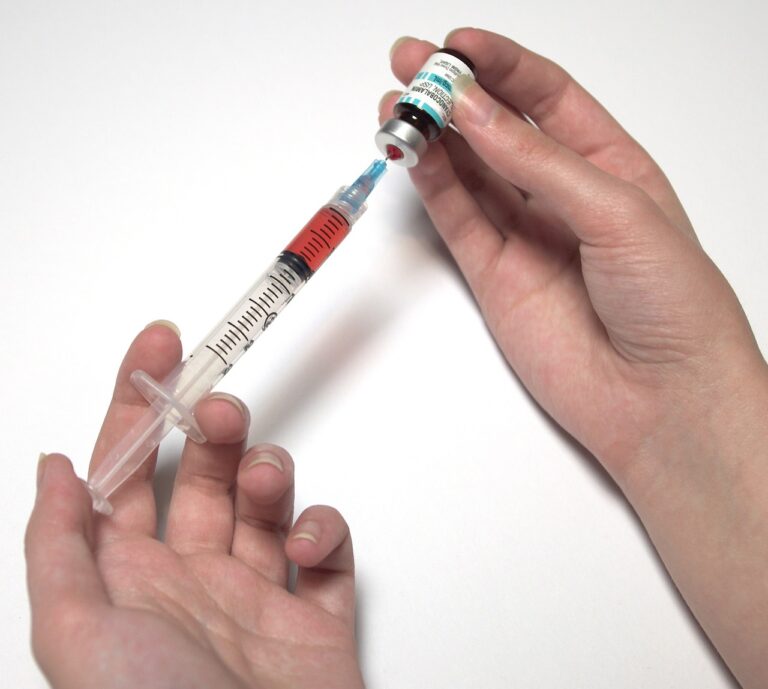Recognizing Signs of Teen Depression
11xplay com, gold365, skyfairs: Recognizing Signs of Teen Depression
As a parent, guardian, teacher, or friend, its essential to be vigilant in recognizing signs of teen depression. Adolescence can be a challenging time, filled with hormonal changes, academic pressures, social dynamics, and other stressors that can contribute to feelings of sadness and hopelessness. Being able to identify symptoms of depression in teenagers can help in providing the necessary support and resources to help them cope and seek treatment if needed.
Signs of Teen Depression
1. Persistent sadness or irritability: If a teenager is consistently feeling down, moody, or easily agitated, it could be a sign of depression.
2. Loss of interest in activities: Teens who suddenly lose interest in hobbies, sports, or socializing with friends may be experiencing depression.
3. Changes in appetite or weight: Significant changes in eating habits, whether it be overeating or undereating, can be a red flag for depression.
4. Sleep problems: Insomnia, excessive sleeping, or changes in sleep patterns can indicate depression in teenagers.
5. Fatigue or lack of energy: Feeling constantly tired or lacking motivation to engage in daily activities can be a symptom of depression.
6. Difficulty concentrating: Teenagers experiencing depression may find it hard to focus on tasks, leading to poor academic performance.
7. Feelings of worthlessness or guilt: Teens with depression may have negative thoughts about themselves, feeling like they are not good enough or that they are a burden to others.
8. Withdrawal from family and friends: Isolating oneself from loved ones and avoiding social interactions can be a sign of depression in teens.
9. Physical symptoms: Headaches, stomachaches, or other unexplained physical complaints may be linked to underlying depression.
10. Self-harm or suicidal thoughts: Any mention or indication of self-harm, suicidal ideation, or suicide attempts should be taken seriously and addressed immediately.
How to Help a Teenager with Depression
If you suspect that a teenager in your life is struggling with depression, there are several steps you can take to offer support and assistance:
1. Listen without judgment: Encourage open communication and provide a safe space for the teen to express their feelings without fear of criticism.
2. Offer reassurance and validation: Let the teenager know that their feelings are valid and that you are there to help them through this difficult time.
3. Encourage professional help: Suggest seeking guidance from a mental health professional, such as a therapist or counselor, who can provide therapeutic interventions and support.
4. Promote healthy habits: Encourage regular exercise, a balanced diet, and sufficient sleep to improve mood and overall well-being.
5. Stay connected: Check in regularly with the teen, offer to spend time together, and provide ongoing emotional support.
6. Educate yourself: Learn more about depression in teenagers, its causes, symptoms, and treatment options to better understand and support the teen in your life.
FAQs
Q: How common is teen depression?
A: Teen depression is more common than you might think, with approximately 3 million adolescents in the United States experiencing depression each year.
Q: What are the risk factors for teen depression?
A: Risk factors for teen depression include genetic predisposition, family history of mental health disorders, traumatic life events, chronic illness, substance abuse, and academic stress.
Q: Can depression be prevented in teenagers?
A: While it is not always possible to prevent depression, promoting positive coping strategies, healthy lifestyle habits, strong social support networks, and early intervention can help reduce the risk of developing depression in teenagers.
Q: How can parents talk to their teens about depression?
A: Parents should approach the topic of depression with empathy, openness, and honesty. Start by expressing concern, listening attentively, and offering reassurance that help is available.
In conclusion, recognizing signs of teen depression is crucial in providing support and intervention to help teenagers navigate through this challenging period. By being attentive to the symptoms and offering emotional support, guidance, and professional help when needed, we can make a positive impact on the mental health and well-being of teenagers.







